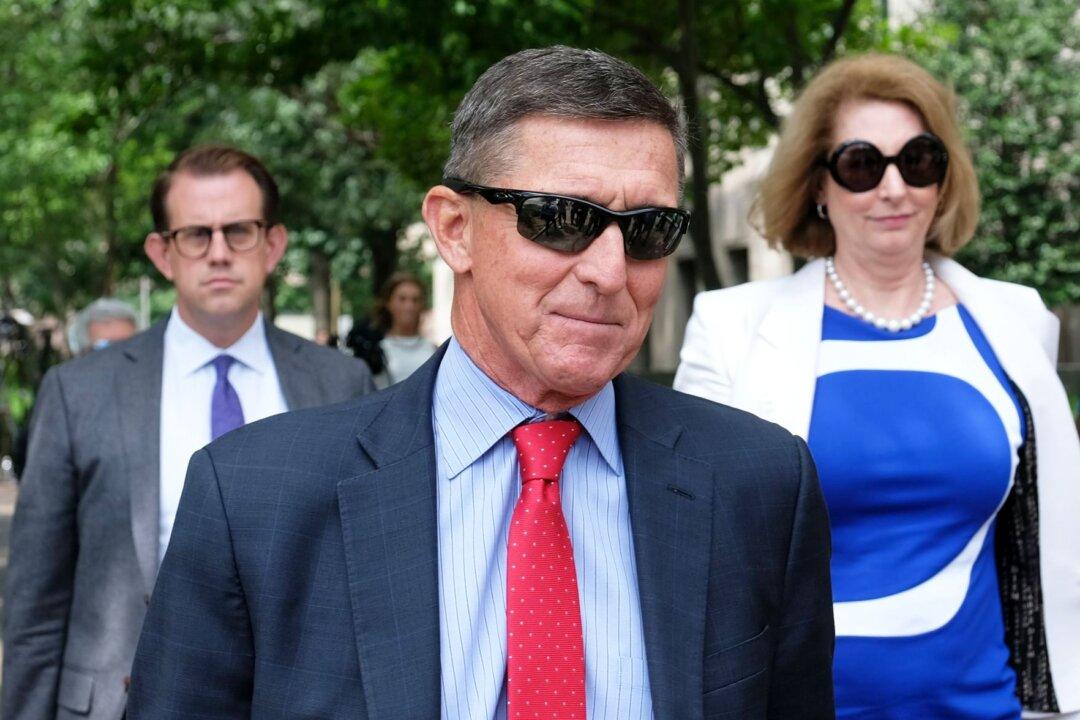On Nov. 30, 2017, just as Lt. Gen. Michael Flynn was preparing to sign his guilty plea, he again told his lawyers he didn’t believe he was guilty of the crime the government was accusing him of—lying to the FBI. He told them to go back to the prosecutors and ask whether the FBI agents believed he lied to them. The lawyers left the room. When they returned, they informed Flynn that the “agents stand by their statements.”
“The agents believed that I had lied,” Flynn recollected his understanding from that day in Jan. 29 declaration to court. Fearing the government would put him in prison for 15 years and perhaps imprison his son, too, he signed the plea.





